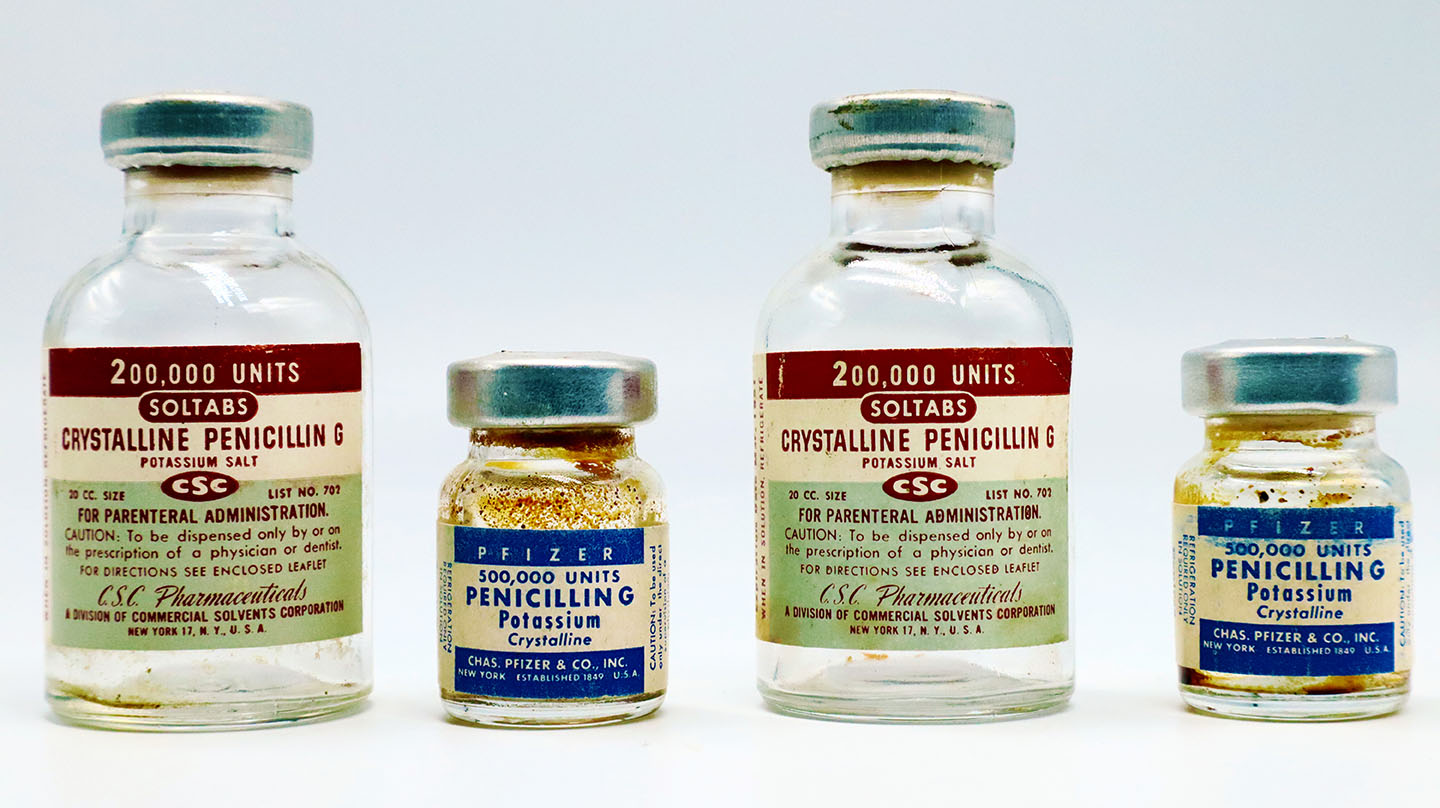

Alexander Fleming was a Scottish biologist and pharmacologist who is best known for discovering penicillin, the first antibiotic. He was awarded the 1945 Nobel Prize in Physiology or Medicine for his discovery.
Fleming was born in Lochfield, Scotland, in 1881. He studied medicine at the University of St Andrews and the University of London, and he received his doctorate in 1908. After graduating, he worked as a bacteriologist at St. Mary's Hospital in London.
In 1928, Fleming was studying Staphylococcus bacteria when he noticed that a mold had contaminated one of his cultures. The mold, which he later identified as Penicillium notatum, had killed the bacteria. Fleming realised that the mold produced a substance that was killing the bacteria, and he named this substance penicillin.
Fleming's discovery of penicillin was a major breakthrough in the field of medicine. Penicillin is an antibiotic, which means that it kills bacteria. Antibiotics are used to treat a wide variety of infections, and they have saved millions of lives.
Fleming continued to work on penicillin, and he developed a way to produce it in large quantities. Penicillin was first used to treat patients in 1941, and it quickly became the standard treatment for many infections.
Fleming was a brilliant scientist, and his discovery of penicillin has had a profound impact on the world. He was awarded the 1945 Nobel Prize in Physiology or Medicine for his discovery, and he is considered one of the most important figures in the history of medicine.
Here are some of the key things to know about Alexander Fleming:
The discovery of penicillin by Alexander Fleming was a major breakthrough in medicine.

Alexander Fleming is a proper noun.
What is Alexander Fleming famous for?
What is Alexander Fleming famous for?
Question: How did Alexander Fleming's discovery of penicillin contribute to the development of modern medicine?
This question would test your understanding of Fleming's discovery of penicillin and its impact on the development of modern medicine. You would need to be able to explain that penicillin is an antibiotic, which means that it can kill bacteria. This makes it an effective treatment for many infections, including some that were previously fatal.
Here is a possible answer to the question:
Address
Developing Experts Limited
Exchange Street Buildings
35-37 Exchange Street
Norwich
NR2 1DP
UK
Phone
01603 273515
Email
hello@developingexperts.com
Copyright 2025 Developing Experts, All rights reserved.